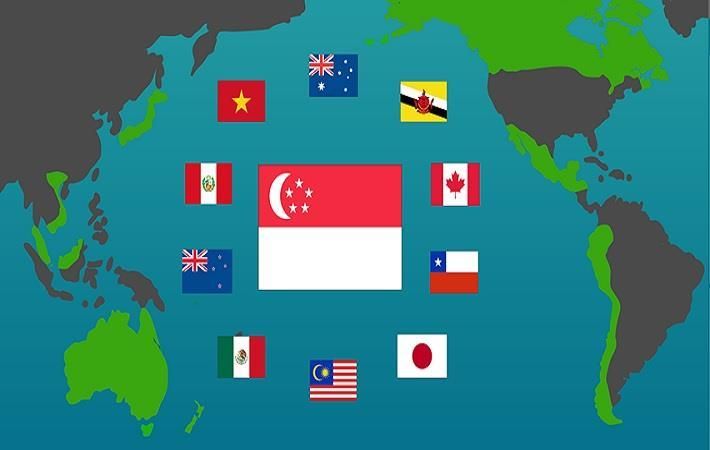Eleven countries signed the Comprehensive and Progressive Agreement for Trans-Pacific Partnership (CPTPP) without the United States last week in Chile’s capital Santiago. The trade pact will reduce tariffs in nations that jointly account for more than 13 per cent of the global economy — a total of $10 trillion in gross domestic product (GDP).
The original 12-member agreement, the Trans-Pacific Partnership (TPP), was thrown into limbo in early 2017 when President Donald Trump withdrew from the deal three days after he assumed office, citing protection of US jobs.Eleven countries signed the Comprehensive and Progressive Agreement for Trans-Pacific Partnership (CPTPP) without the United States last week in Chile's capital Santiago. The trade pact will reduce tariffs in nations that jointly account for more than 13 per cent of the global economy — a total of $10 trillion in gross domestic product (GDP).#
The 11 remaining nations — Australia, Brunei, Canada, Chile, Japan, Malaysia, Mexico, New Zealand, Peru, Singapore and Vietnam — finalized a revised trade pact in January. That agreement will become effective when at least six member nations have completed domestic procedures to ratify it, possibly before the end of this year.
The agreement’s final version was released in New Zealand on February 21.
“Today, we can proudly conclude this process, sending a strong message to the international community that open markets, economic integration and international cooperation are the best tools for creating economic opportunities and prosperity,” Chilean President Michelle Bachelet was quoted as saying by global news wires.
The revised agreement does away with many US demands in the original TPP, including rules to ramp up intellectual property protection of pharmaceuticals. Even without the United States, the deal will span a market of nearly 500 million people, making it one of the world’s largest trade agreements.
With the primary target to slash trade tariffs between member countries, the agreement seeks to harmonise non-tariff measures that create obstacles to trade through regulations, or make them transparent and fair. There are commitments to enforce minimum labour and environmental standards as well.
It also includes a controversial Investor-State Dispute Settlement mechanism, which allows companies to sue governments when they believe a change in law has affected their profits. (DS)
Fibre2Fashion News Desk – India
